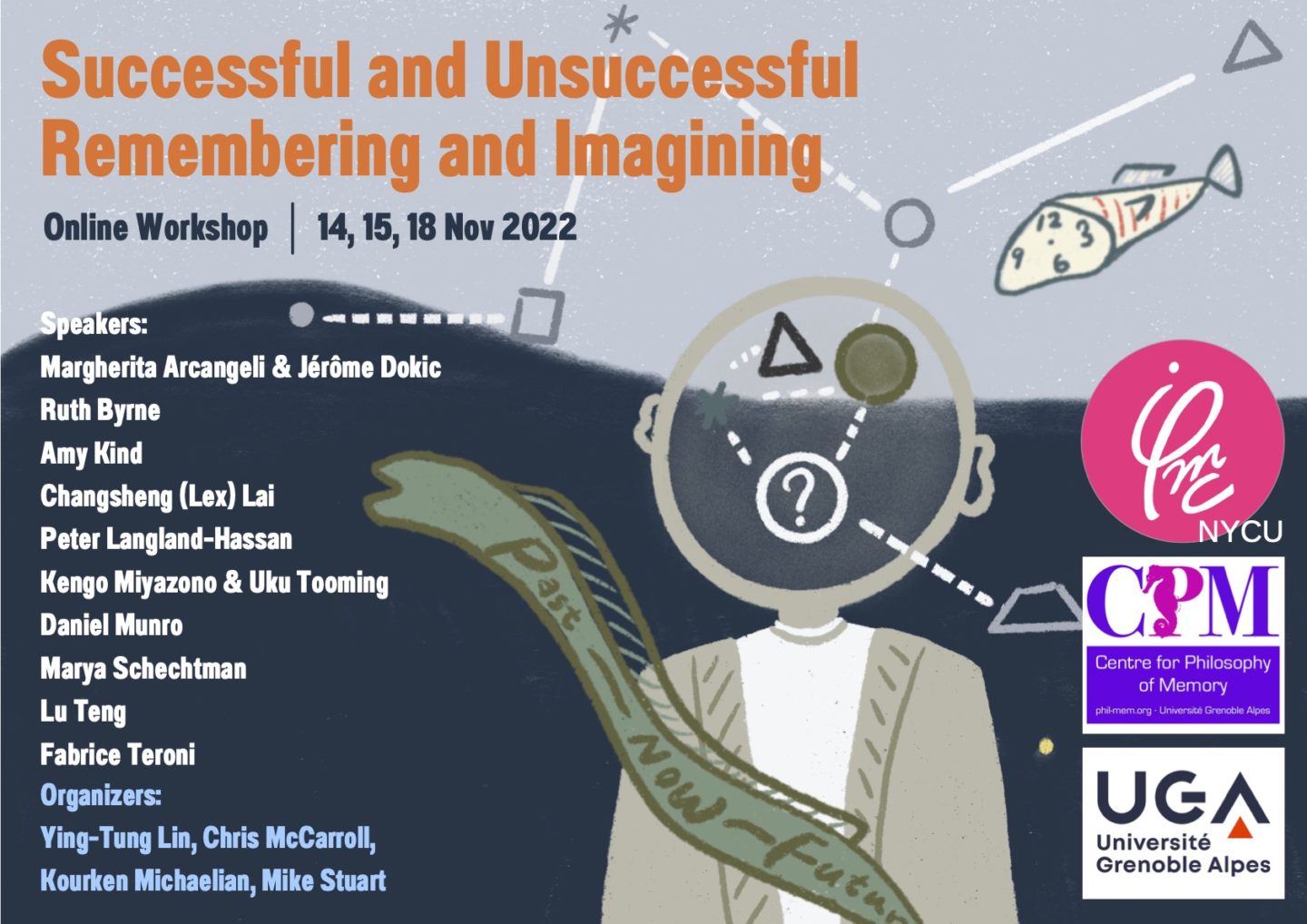Hello everyone! This is my first post here as an associate editor of The Brains Blog. As someone from East Asia, one of my tasks is to reach out people working in and events happening in this area. I will try out several things in this coming year. If there is anything I should have done better, do let me know!
CFPs
* NCCU Philosophical Journal Topical Issue: Knowledge and Action
[National Chengchi University is based in Taipei, Taiwan]
Philosophers tend to think that human beings enjoy special capacities for knowledge and action: other animals of course know about directions and distances of foods and predators, but they might lack propositional or conceptual knowledge. Also, other animals are capable of moving for survival, but they might not be able to perform intentional actions. This special issue focusses on human knowledge, action, and related issues/concepts, including beliefs, justification, truth, intentionality, perception, and consciousness. We welcome submissions from all traditions in philosophy. Potential questions suitable for submission include but are not exhausted by the following ones:
- Do beliefs guide actions? Or does knowledge guide actions? Or both?
- What is the relation between propositional and conceptual knowledge? Do other animals really lack them?
- Is the distinction between reflective knowledge and animal knowledge a legitimate one? What are their relations to actions?
- Is there any difference between intentional and voluntary actions? What are their relations to knowledge?
- Propositional knowledge might consist in justified true beliefs; what about animal knowledge? What is its distinctive structure?
- Do knowledge and action relate to each other via intentionality?
- Is perception a kind of knowledge? What are its relations to propositional and conceptual knowledge? How does perception guide actions?
- Must reasons be accessed in order to justify? What are the relations between propositional/conceptual knowledge and consciousness?
- Must intentional actions be conscious? Do varieties of consciousness affect our answers here?
Submission preliminary deadline: Dec. 31st, 2022
Please send submissions to thinker@nccu.edu.tw
Please have a separate cover letter detailing author information, and please specify that the manuscript is for SI: Knowledge and Action.
http://thinkphil.nccu.edu.tw/news/news.php?Sn=57
* Synthese Topical Issue: Consciousness and the Epistemic Roles
[Although the journal is not based in East Asia, the two guest editors are.]
Guest Editors: Tony Cheng (National Chengchi University); Takuya Niikawa (Kobe University)
In the era of specialisation or even hyper-specialisation, it is often though not always for epistemology and philosophy of mind to neglect each other; famous exceptions in the late 20th century include Fred Dretske (1981), Alvin Goldman (1986), and John McDowell (1996). Now in the past twenty years, the interactions between these two branches of philosophy have been thriving; prominent examples include Michael Huemer (2007), Bill Brewer (2011), Susanna Siegel (2016), Nicholas Silins (2016), Susanna Schellenberg (2018), Declan Smithies (2019), and Anil Gupta (2019). In this topical collection proposal, we seek to explore one specific aspect of the intersections between epistemology and philosophy of mind: consciousness and its epistemic roles. The plural here is crucial, as we hope to leave open potential epistemic roles of consciousness explored by different philosophers. Issues suitable for submission include but not limited to the following:
- Does perceptual justification require consciousness? If so, which kind(s) of consciousness? Do unconscious perceptions have any rational contributions?
- Which theory of perceptual experiences best explains their epistemic roles?
- What is the relation between cognitive penetration, conscious contents, and justification?
- What is the relation between consciousness, introspection and self-knowledge?
- What are the viable versions of mentalism and accessibilism, if any?
- Is there such a thing as phenomenal evidence? If so, what’s the nature of it?
- Are conscious experiences luminous, in the sense that the subject is always in a position to access them?
- Must consciousness have conceptual contents in order to play justificatory roles?
- Do considerations of the epistemic roles of consciousness help explore its metaphysical nature? If so, how?
For further information, please contact the guest editors: Tony Cheng (h.cheng.12@ucl.ac.uk), Takuya Niikawa (niitaku11@gmail.com) The deadline for submissions in August 31st, 2023
Tony Cheng (Department of Philosophy, National Chengchi University)
Takuya Niikawa (Graduate School of Humanities and Faculty of Letters, Kobe University)
https://www.springer.com/journal/11229/updates/23576256
Activities
* Workshop announcement: Successful and Unsuccessful Remembering and Imagining, online, the 14th, 15th 18th of November, 2022.
For further information, please contact Ying-Tung Lin (linyingtung@nycu.edu.tw) or Chris McCarroll (chrismccarroll@nycu.edu.tw). The Zoom link will be posted on the meeting webpage closer to the date. There is also a related CFP: https://philosophymindscience.org/index.php/phimisci/announcement/view/23

